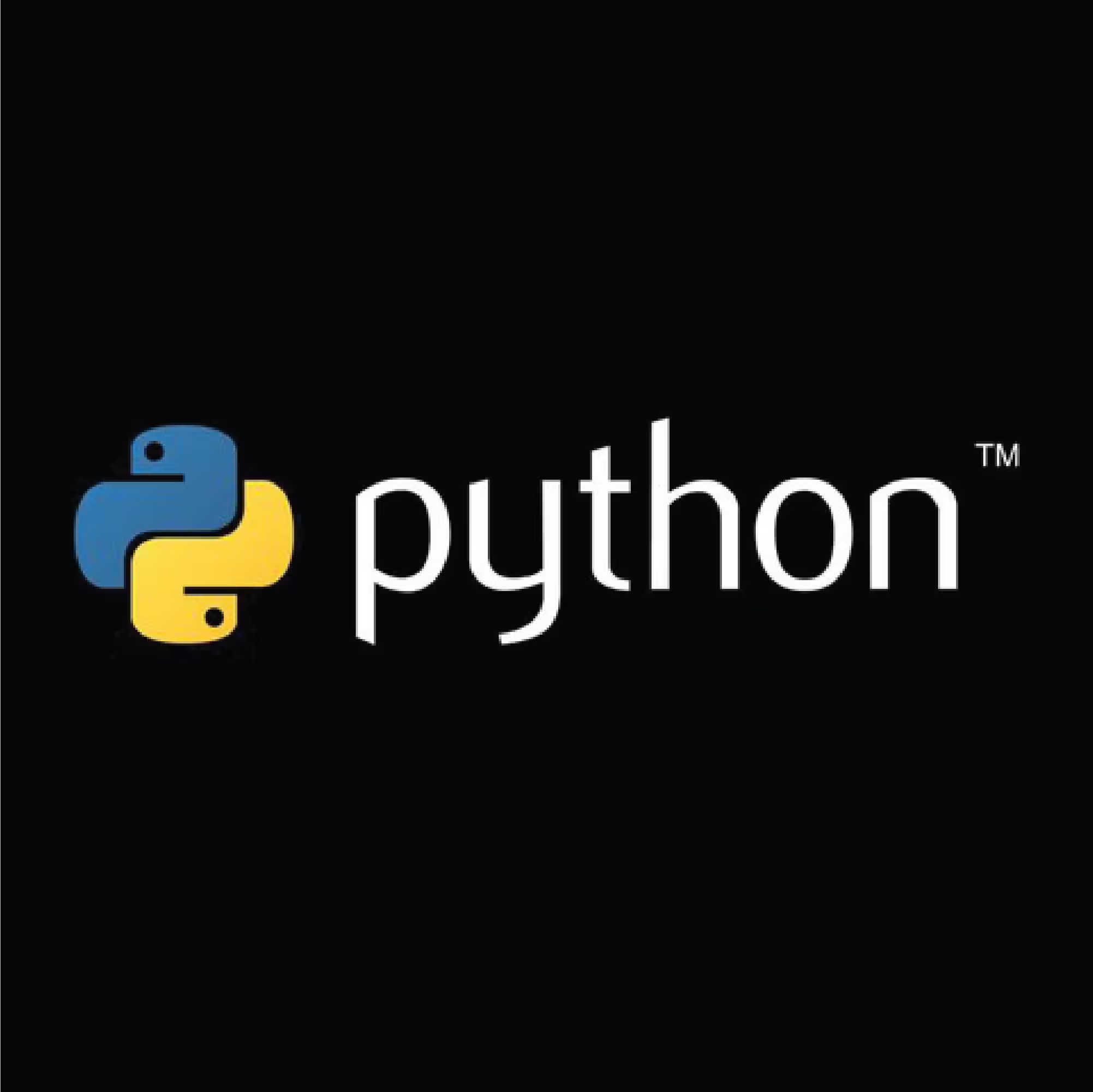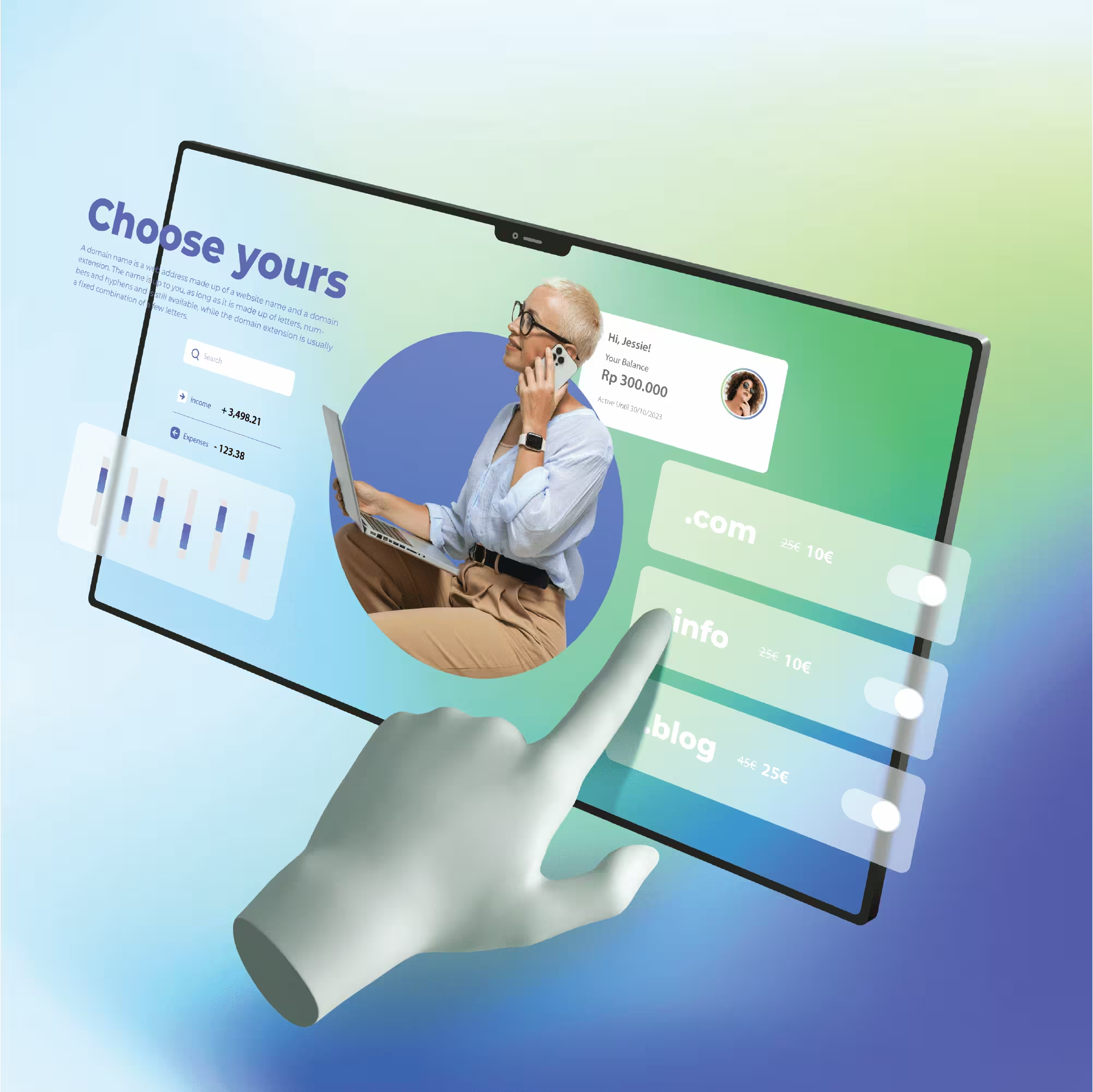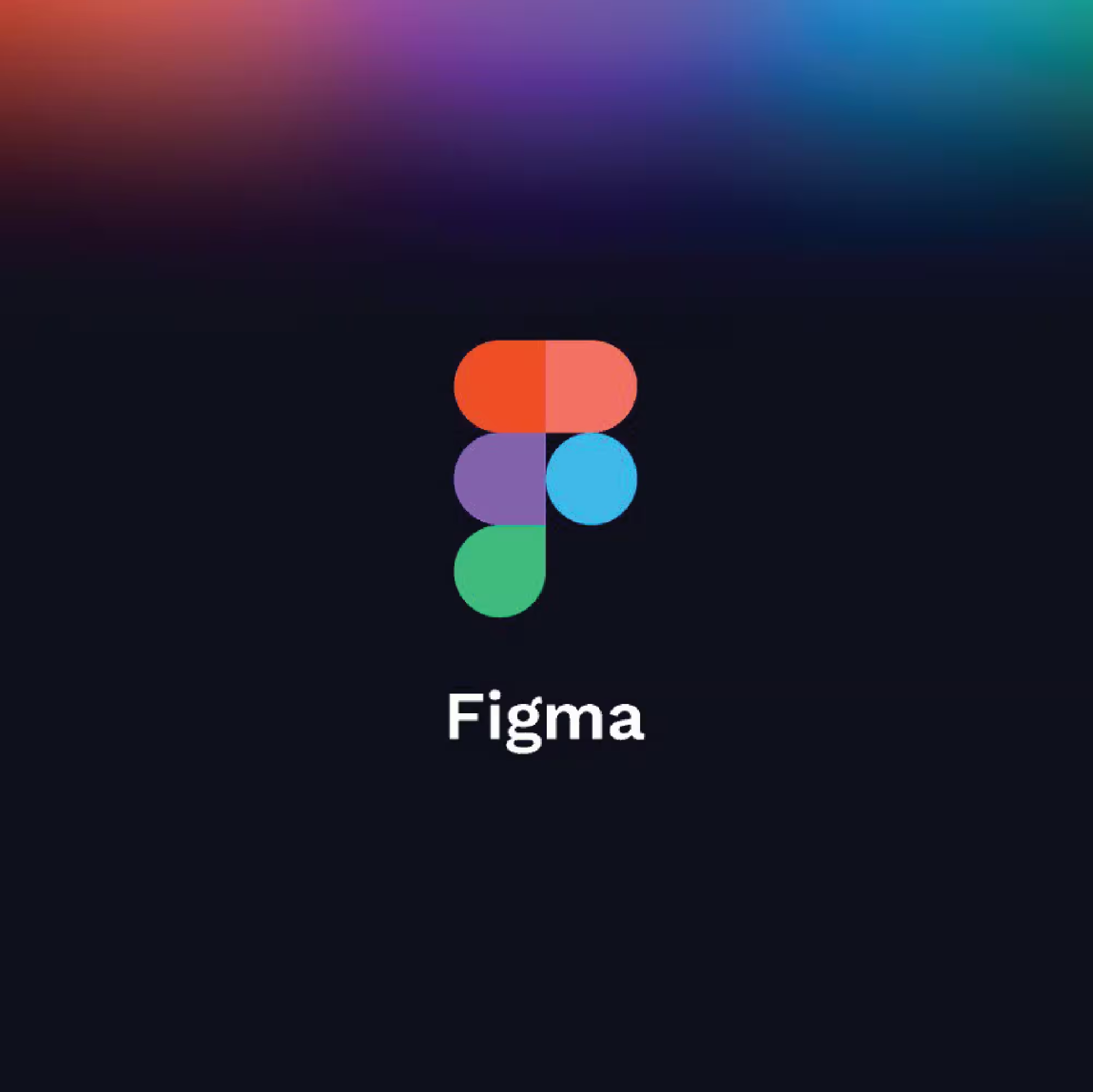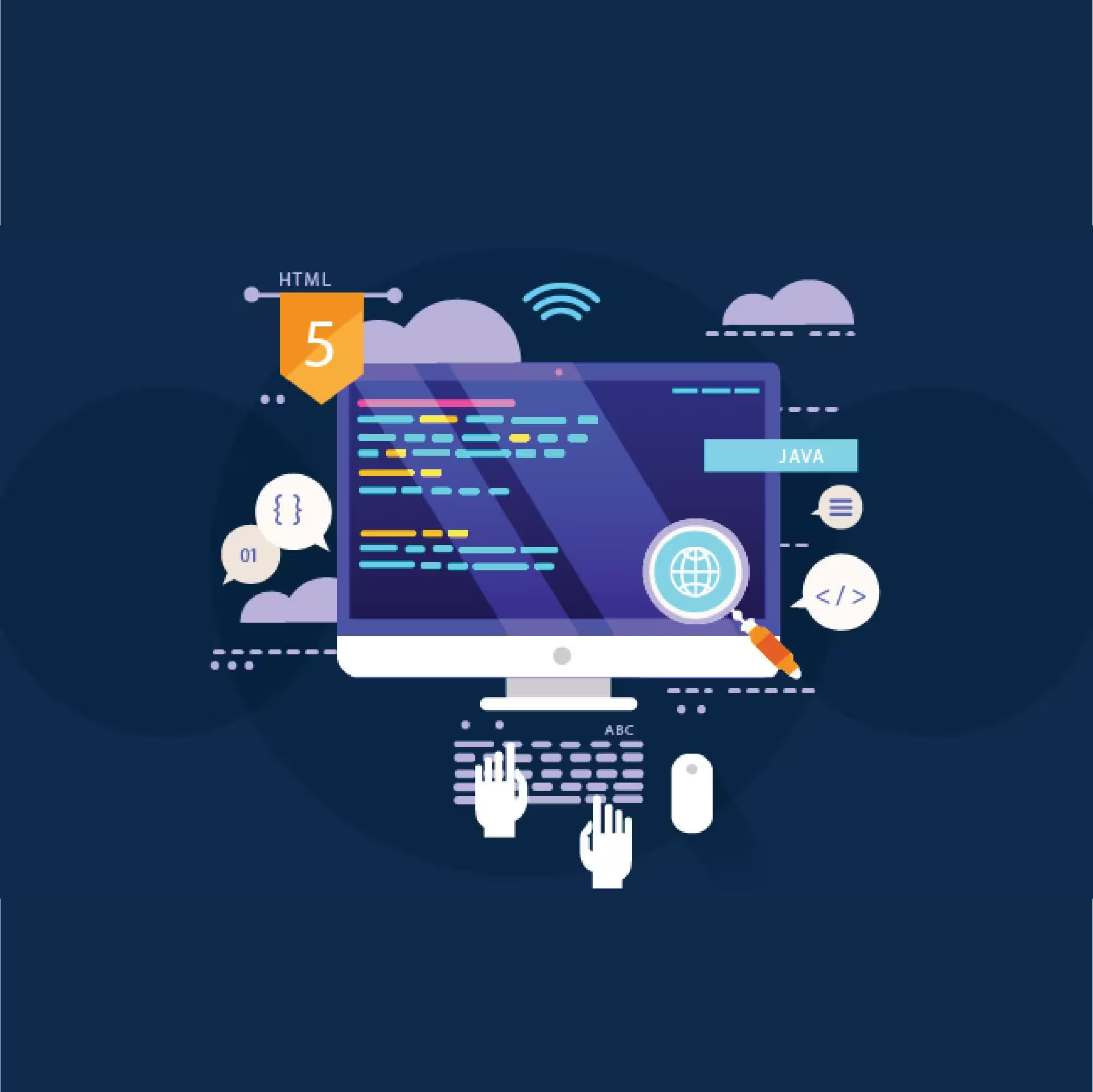Mastering Programming with Python
Introduction to Python Programming Language
What is Python?
Python is a powerful, popular, and easy-to-learn programming language developed in the 1990s by Guido van Rossum. It is one of the best languages for beginners, thanks to its simple syntax and readability. Python is widely used in various fields, including:
- Web Development using frameworks like Django and Flask.
- Data Analysis with libraries like Pandas and NumPy.
- Machine Learning and Artificial Intelligence through libraries like TensorFlow and scikit-learn.
- System Programming and Task Automation.
- Game Development with libraries like Pygame.
Why is Python Great for Beginners?
- Easy to Learn: Python uses a simple syntax that resembles the English language, making it easy to understand.
- Large Community: There is a vast community of Python programmers online who can offer support.
- Extensive Libraries: Python has a wide range of libraries covering different fields.
- Versatile: Python can be used in a wide variety of applications, from websites to science and data analysis.
Tools You Need to Start Learning Python
1. Installing Python
To start programming with Python, you first need to install its interpreter. You can download it from the official Python website. Make sure to install the appropriate version for your operating system.
2. Integrated Development Environment (IDE)
You can use specialized programs that make it easier to write and test code. Here are some popular options:
- IDLE: Comes with Python installation and is simple to use.
- VS Code: A powerful program that supports many extensions to simplify coding.
- PyCharm: An advanced IDE offering many tools for Python development.
3. Basic Knowledge of Programming Structure
It’s helpful to have a basic understanding of concepts like:
- Variables (storing data)
- Conditional Statements (like
ifandelse) - Loops (like
forandwhile) - Functions (for organizing code)
Where Can You Learn Python?
There are many educational resources that provide progressive lessons in Python, including:
Online Learning Platforms
- Codecademy: Offers interactive lessons from beginner to advanced.
- Coursera and Udacity: Provide comprehensive courses with certificates from institutions like Stanford and MIT.
- YouTube: Many channels, such as Programming with Mosh, offer free tutorials.
- Python.org: The official site provides learning documents and various examples.
Books for Beginners
- Python Crash Course by Eric Matthes: One of the best books for learning basics practically.
- Automate the Boring Stuff with Python: Focuses on automating tasks with Python, ideal for beginners.
Practice Challenges
- HackerRank and LeetCode: Provide simple and advanced challenges to help improve skills.
- Real Python: Offers articles and practical applications to help you learn Python professionally.
Simple Code Examples for Practice
Here are a few simple examples to help you start coding and understand the basics.
1. Print a Greeting Message
This code prints "Hello, World!" to the screen, a perfect way to test Python installation and functionality.
2. Defining Variables and Printing Their Values
This code demonstrates storing information in variables and then printing it.
3. Simple Arithmetic Operations
In this example, we perform basic arithmetic operations with Python.
4. Checking Even and Odd Numbers
This program asks the user to enter a number, then checks if it is even or odd.
5. Counting with a for Loop
This code prints the numbers from 1 to 5 using a for loop.
6. Simple Calculator for Addition
This program is a basic calculator for addition, where it takes two numbers and prints their sum.
Tips for Developing Your Python Skills
- Daily Practice: Try to program daily, even if only for an hour, to build coding habits.
- Reading Code by Others: Reading and understanding code written by others helps you learn new ways of coding.
- Join Programming Communities: Participate in forums like Stack Overflow and Reddit to exchange knowledge.
- Solve Programming Challenges: Use sites like HackerRank and Codewars to solve simple programming problems to strengthen your skills.
- Continuous Learning: Remember that programming is ever-evolving; always keep learning new tools and technologies.
Conclusion
Mastering Python programming requires commitment to daily practice, working on practical projects, and taking advantage of available educational resources. By following these tips and completing practical challenges, you can build a strong foundation in Python, enabling you to work on diverse projects efficiently and professionally.






